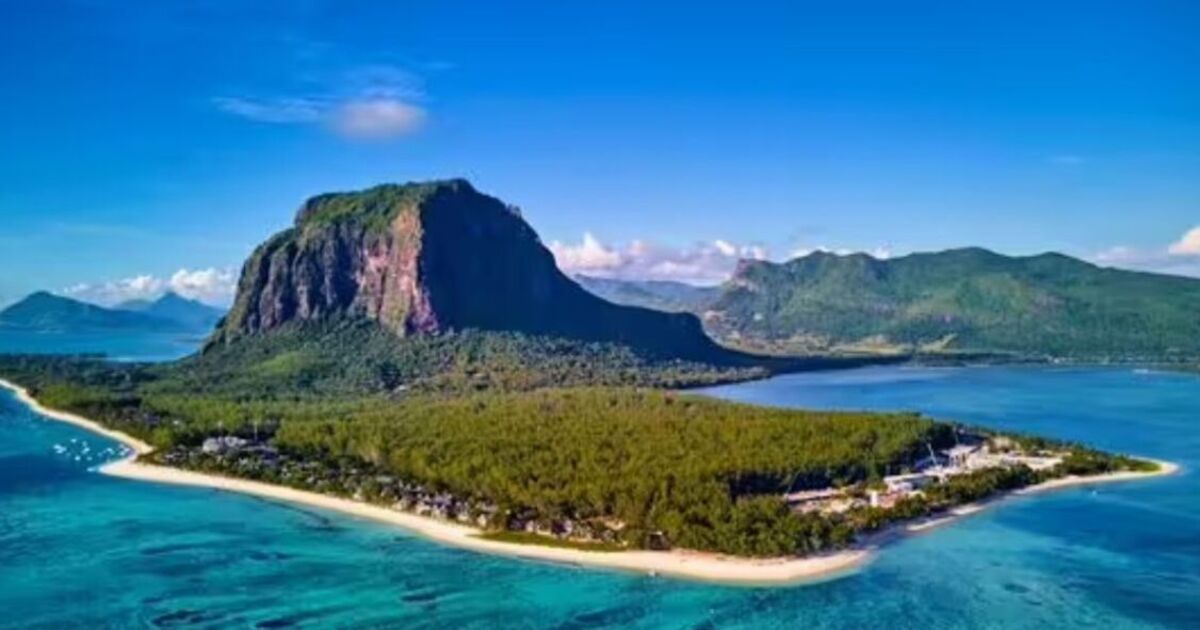In a historic verdict that concludes decades of legal and diplomatic struggles, the United Kingdom has consented to restore the Chagos Archipelago to Mauritius. The move has been welcomed globally, with India among the most vocal in its commendation. India, a firm crusader for decolonization and global justice, welcomed the verdict, labeling it a triumph for sovereignty and rule-based international order.

The Chagos Dispute: A Brief Background
The Chagos Islands, which consist of more than 60 tiny islands in the Indian Ocean, have been the center of a sovereignty row for decades. Part of the colonial Mauritius, the islands were unilaterally severed by the UK in 1965, only three years short of the date when Mauritius became independent. The UK kept sovereignty and later leased Diego Garcia—the largest island in the chain—to the United States for a strategic military facility.
This separation was heavily criticized by international legal institutions and human rights groups. In 2019, the International Court of Justice (ICJ) rendered an advisory opinion that the UK’s ongoing administration of the Chagos Islands was unlawful and that the archipelago must be returned to Mauritius “as soon as possible.” The United Nations General Assembly also voted through a resolution mirroring the ICJ’s opinion.
Even under increasing pressure, the UK had consistently refused to yield control—until the present.
The Historic Deal: UK-Mauritius Agreement
UK Prime Minister Keir Starmer signed a historic agreement on May 22, 2025, with the Mauritian government to hand over sovereignty over the Chagos Archipelago. In terms of the deal:
The UK will relinquish sovereignty but retain a 99-year lease on Diego Garcia for military base activities, which will remain jointly shared with the US.
Madagascar will get a total of £45,000,000 a year for 25 years to help boost the economy.
A £40 million trust fund has been set up to pay and rehabilitate Chagossian exiles who were forcibly removed during the 1960s and 70s.
The aforementioned reactor will remain available to the UK for £101,000,000 a year.
The sweeping deal is being welcomed as a victory for diplomacy and a commitment to international rule of law.

India’s Support: A Voice for Justice
India has always stood in support of Mauritius’s claim on the Chagos Archipelago. Being a nation with strong historical, cultural, and economic linkages with Mauritius, India has made a strong stand against colonial injustice and defended the cause of decolonization of lands in international forums everywhere.
After the UK announcement, India’s Ministry of External Affairs issued a release regarding the decision, welcoming it. The ministry underscored the need to settle such disputes peacefully and in line with international law. “This is a victory not only for Mauritius, but for all developing countries who aspire for justice and fairness in international governance,” the release stated.
India’s endorsement is based on its pillars of foreign policy, namely non-alignment, anti-colonialism, and the quest for a multipolar world. In standing with Mauritius, India reinforces its reputation as a responsible regional power that advocates for fairness and international legal order.
Regional and Global Implications
The Chagos Islands’ return to Mauritius is significant in a number of ways:
- Reinforcing the Rules-Based International Order
This action emphasizes respecting international judicial institutions like the ICJ and UNGA. It creates a strong precedent for similar disputes to be settled globally, particularly in the Global South. - Geopolitical Rebalancing in the Indian Ocean
Indian Ocean is a region of strategic importance for international trade and military activities. The transfer of sovereignty will re-weigh power relations in the region, providing Mauritius—and indirectly its allies such as India—a greater stake in maritime governance. - Human Rights and Reparations
The resettlement and compensation of Chagossian exiles is a significant gesture towards the correction of past injustices. They have spent more than five decades in exile. This agreement makes way for their return and redemption of dignity. - India’s Strategic Interests
As a significant Indian Ocean power, India has a stake in the provision of stability and legal governance in the area.This move is consistent with the aim of a “on his own, wide, and participatory” coastal sector in the Indo-Pacific regions.

Challenges Ahead
Notwithstanding the encouraging development, challenges will still persist. Resettling the displaced Chagossians, developing infrastructure, and environmental preservation of the islands will necessitate clever planning and global collaboration.
In addition, the geopolitical importance of Diego Garcia cannot be underscored enough. Although the base will remain in operation under the UK-US lease agreement, its future long-term status could become the subject of additional negotiations.
Conclusion
The United Kingdom’s action to relinquish the Chagos Islands to Mauritius is a historical step in the right direction and a respect for international law. India’s endorsement of the action is an affirmation of its principled position on decolonization, justice, and peaceful settlement of disputes.
As the world community seeks to mend the wounds of colonialism, this deal between the UK and Mauritius—is welcomed by India—a promising model for negotiating intricate border disputes through diplomacy, legal action, and respect.
